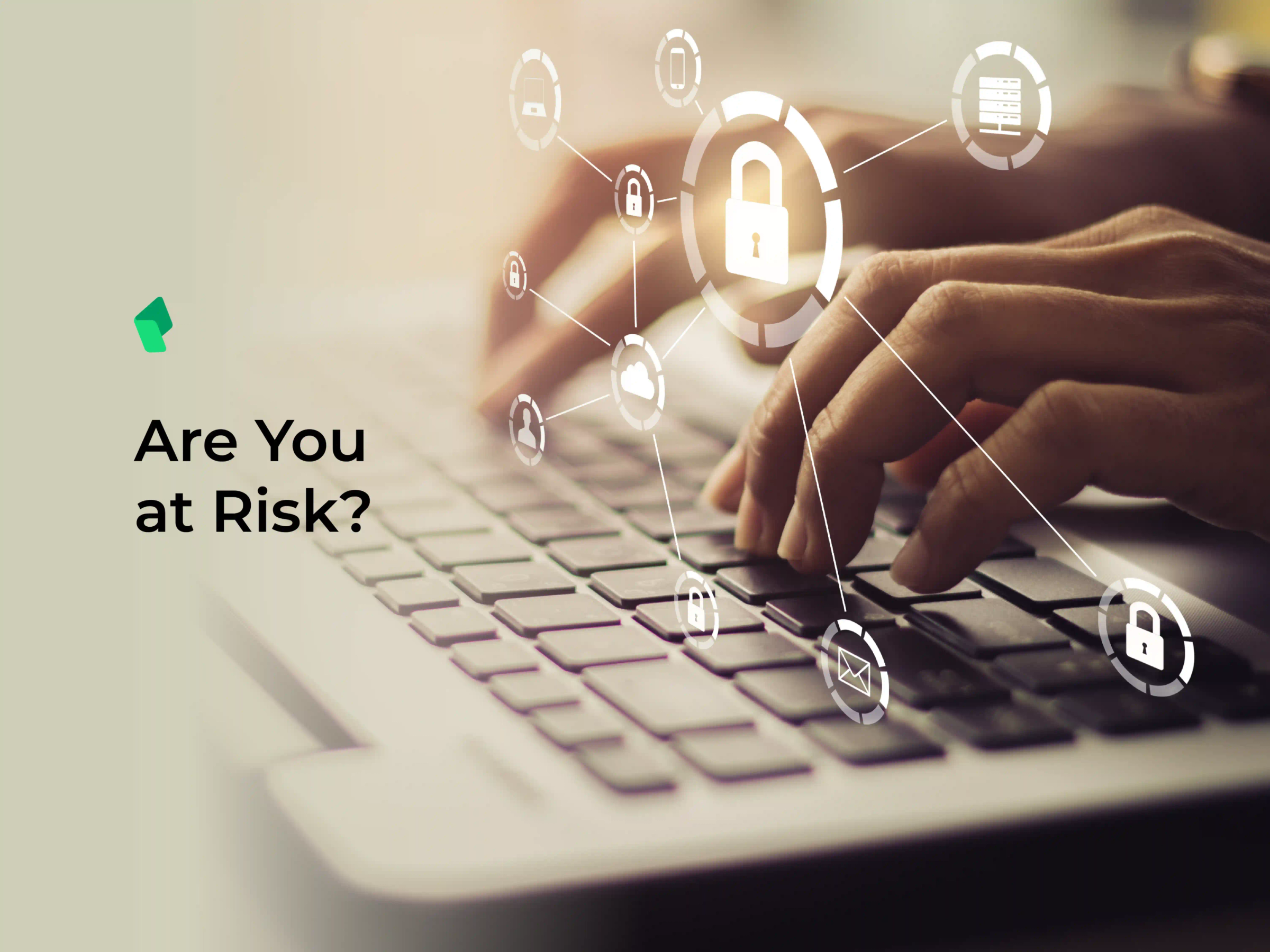Most of us access Wi-Fi Internet connections every day without giving it a second thought. We use them to review email, read the news, check our Instagram feed, and everything in between. Attorneys, however, must be careful about where and how they access their online content.
Lawyers, paralegals, and other law firm staff handle sensitive data every day: client social security numbers, medical records, insurance details, and more. Compromising that data puts both your firm and your client in a difficult position. As an attorney, it’s your responsibility to be aware of any risks taken with your client’s privacy. Are you making these common Wi-Fi mistakes?
Avoid Connecting to Unsafe Public Networks
We’ve all been there. Struggling to download email over our LTE network, we search for an open Wi-Fi connection. As convenient as they seem, networks without password protection can put your data at risk.
Account and password capture: Believe it or not, there are apps that make it easy for hackers to capture your account information over Wi-Fi. Once they get your passwords, it’s easy for them to access your email and other accounts without leaving a trace.
Access to your corporate network: If you’re using a Virtual Private Network (VPN) to connect to your work server remotely over an unsecured Wi-Fi connection, you are vulnerable to hackers. Although VPNs are generally secure, if your activity is intercepted, there is a chance your company’s files can be compromised.
Illegal use of your own network: If you host a Wi-Fi hotspot or other unsecured Wi-Fi, anyone can log on. Someone could use your network to transfer criminal content, spread viruses, or procure unlawful materials. If this activity it is traced back to your network, your law firm could be in serious trouble.
What is a Safe Wi-Fi Connection?
Not all Wi-Fi connections are risky. Accessing data through a secured network can be safe and convenient when working outside of the office. Look for these features when evaluating whether or not a Wi-Fi network is secure:
Password protection: A good rule of thumb is not to access any networks that don’t require a password.
Known networks: Don’t connect to an unfamiliar network. That means not joining an unlocked “NETGEAR” Wi-Fi just because you need to download an email on the go.
HTTPS: When browsing, make sure any site with access to your sensitive information has a URL that starts with “https”. There are some apps available that enhance the security of all the sites you visit, like https everywhere.
Encryption: Encryption makes hacking difficult because it essentially jumbles up data into a format that can only be unlocked with a key. Hackers don’t have access to this key, so even if they have an “in” to your data it would be difficult to make sense of it. The key changes regularly, making it difficult to track.
Wi-Fi Safety at Your Law Firm
As a law firm, you and your staff handle confidential information daily. Your clients trust you with their privileged information, and it is your duty to keep it safe. Many law firms are not taking necessary precautions with their in-house Wi-Fi networks. To protect your firm from a data breach, follow these tips:
Require secure passwords: Your Wi-Fi password should be secure. Use a combination of letters, numbers, and symbols. Since all law firms experience workforce turnover, it’s best to update your passwords every few months.
Say no to WEP security: Without getting too technical, there are several different types of Wi-Fi security including WEP, WPA, and WPA2. WEP is the oldest and most easily hacked. For the most secure network connection, choose WPA2.
Separate guest Wi-Fi: Never let visitors to your firm use the same Wi-Fi as your employees. Set up a separate access point especially for your guests. Communicate your guest Wi-Fi policy to all staff.
Firewall the guest Wi-Fi: In addition to separating your guest Wi-Fi from your firm-wide connection, set up a firewall between the two. This will ensure that those in the untrusted guest network will not have access to information in your firm’s secure network.
Even if you take every precaution possible, all Wi-Fi networks carry a degree of risk. Many law firms do not have a full-time IT person on staff. Not reaching out to a professional familiar with network security is a mistake many attorneys make. Consider hiring a consultant to evaluate your needs. At CASEpeer, your security is our top priority. In addition to working hard to ensure the security of our case management software, we seek to educate attorneys about cybersecurity measures.
CASEpeer is secure case management software designed for personal injury attorneys. From intake to settlement, our robust features help law firms become more proactive and powerful. Our goal is to help your law firm grow. For more cybersecurity and practice management tips, visit our blog.
About the author

Gabriela CubeiroSVP Marketing & Co-Founder CASEpeerAffiniPay
